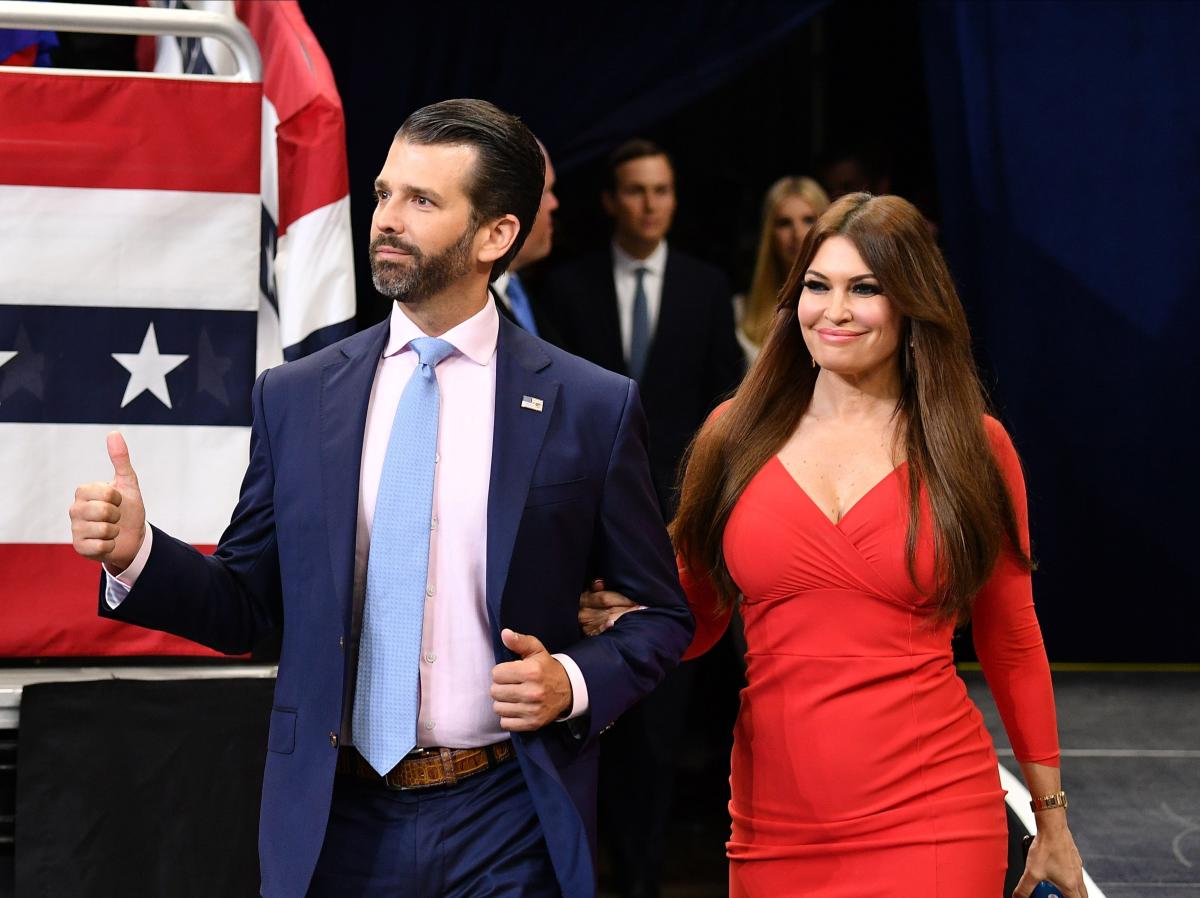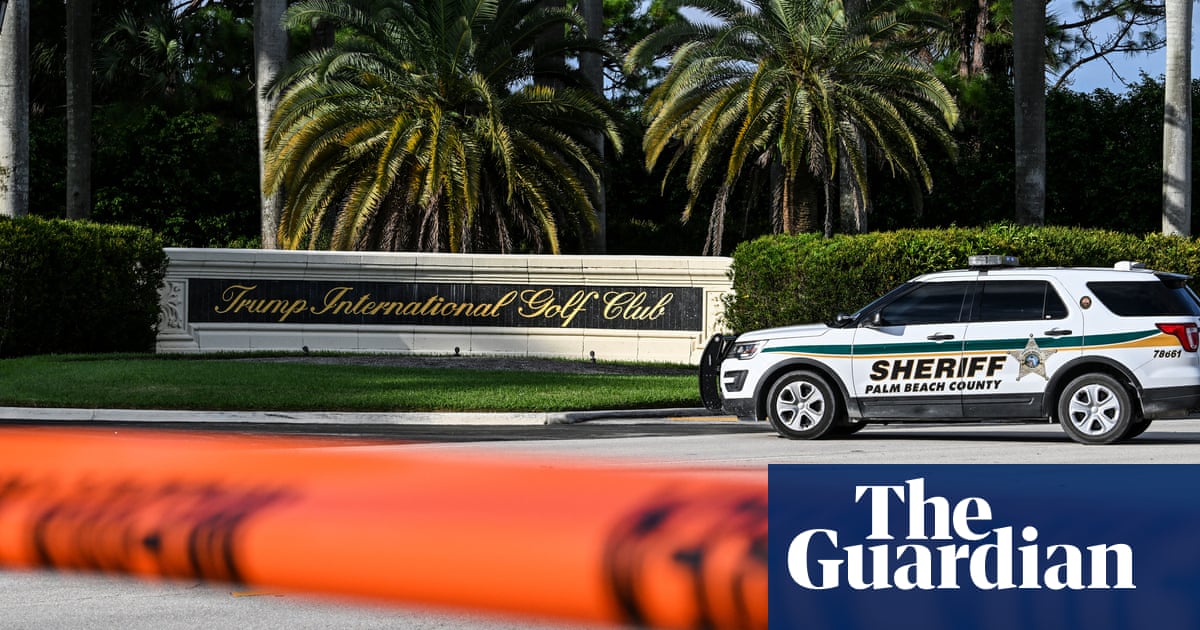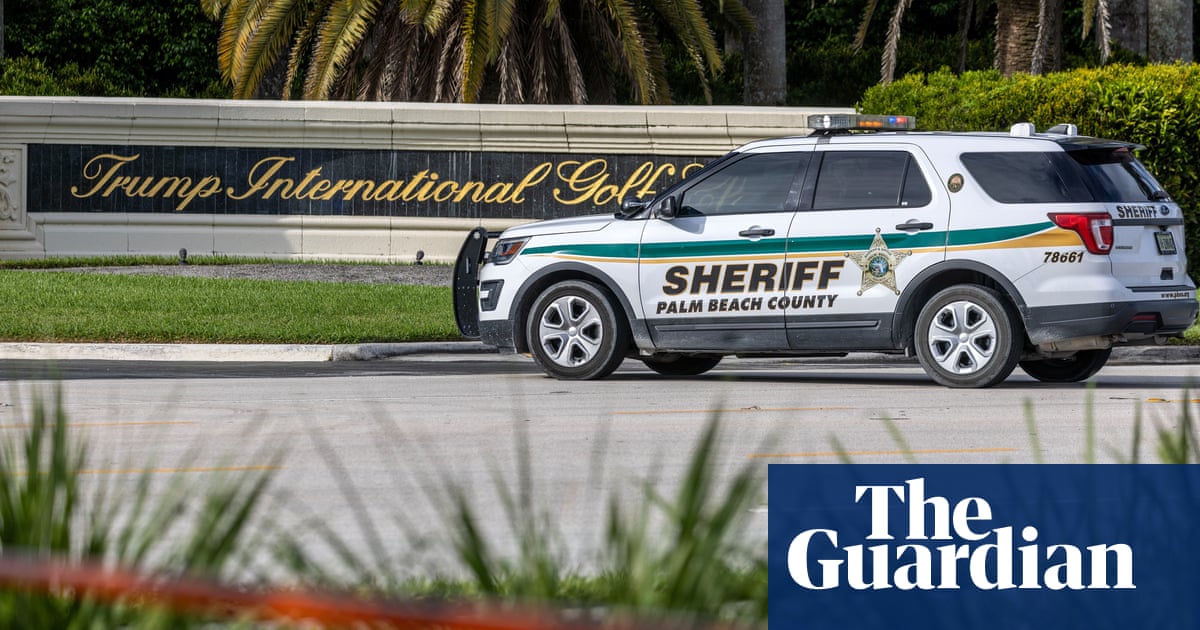Racism has been the achilles heel of American democracy since its founding as a racialized project, predicated on theft of land, of labor and of the reproductive autonomy of Black women. These are truths that Maga extremists want to erase.
But it is not just history that Maga wants to silence and it isn’t just Maga that has acquiesced. Because we have not normalized the important conversation about our racial history and its present consequences, the dangerous nexus between anti-democratic forces in our nation and its racist foundations is among the least talked about dimensions of our slide into fascism.
The anti-woke assault on race-conscious history and knowledge and against the hard-fought policies to promote diversity, equity and inclusion (DEI) is extremely dangerous, not only to people of color, but to stakeholders of racial justice and democracy. Despite the intentional misdirection, the war against woke is not just a war against critical race theory, but it is a war against Black history and the entire infrastructure built out of the civil rights movement. It is a war against our multiracial democracy that too many are unable to name. And because assaults that cannot be seen or named cannot be fought, the consequences are disastrous.
The mainstream media contribute to our collective incapacity to wrestle with the forces that continue to bedevil our democracy. In coverage of the January 6 insurrection, the racist and white nationalist underbelly that informs the mantra “we want our country back” is merely a footnote in the story of how we almost lost our democracy. This erasure denies the centrality of the racist narrative that defines who this nation belongs to, who gets to govern and who gets to belong.
Exclusive notions of who belongs and who doesn’t are fundamental features of fascist regimes. Yet in the drama unfolding in the United States, the racial narratives that continue to target racial others to receive the wrath of disgruntled masses escape the grasp of those who now decry the collapse of our democracy. The media’s widespread reluctance to confront the racist underbelly of the “big lie” obscures the impossibility of saving our democracy without addressing racial denialism.
Where did Trump target his venomous big lie? It was Philadelphia, Detroit, Atlanta and Phoenix. Who were the voters there who “illegitimately” denied him the White House? Black and brown voters. Who were the poll workers who supposedly did this dirty work? African American women like Shaye Moss and her mother Ruby Freeman. The failure to confront the racial contours of the myth of a stolen election has facilitated a dangerous and misleading wormhole to the past. It was no accident that among the most chilling symbols that marched through the Capitol that day – for the first time ever – was the Confederate flag.
Congressman Jamie Raskin was one of a very few observers alarmed by this reflection of Maga’s “common cause with extremist groups steeped in racism and hellbent on insurrection”. And yet, the insight gained from a fully realized encounter with our past languishes in the margins of our national discourse. As the great poet Langston Hughes wrote, “we are the people who have long known in actual practice the meaning of the word Fascism. We Negroes in America do not have to be told what Fascism is in action. We know.” It is an enduring awareness that is being written out of our usable history.
Toni Morrison, writing across the decades, explained how the creation of a pariah class was one of the first steps of fascist regimes. As she noted, such regimes “isolate and demonize that enemy by unleashing and protecting the utterance of overt and coded name-calling and verbal abuse”.
So it is not merely ironic that Morrison, one of the most celebrated American authors of the 20th century, has become one of the most banned writers in this country. It is evidence. The fact that Morrison was so prophetic in telling us what this crisis means is all the more reason that our response to so-called “anti-woke” censorship should be reflexive. If the Maga faction wants to silence and suppress our voices, we must go to the mat to sustain them all the more. What is at stake is more than a book, a theory, a practice or a value. What is at stake is our democracy itself. We cannot save it without fortifying the tools, histories and ideas that are the legacies of the long fights against racial injustice.
Derrick Bell once wrote something that may, unexpectedly, open a pathway to recover the lost momentum that was quashed by the fierce reaction to the post-George Floyd reckoning. The backlash against the demands for racial justice that erupted in all 50 states has metastasized into the anti-woke juggernaut against anti-racism, critical race theory, 1619 and now DEI. For too long, too many of our allies and stakeholders sat it out, thinking that the stakes were not that high, that we could simply pivot and not use certain words, effectively dodging the backlash by saying “we don’t do that here”.
Now that this assault came for something that most Americans really do care about – their country – the potential for interest convergence is ripe. Our country cannot be saved without the input of “the other”, without our history, and without the knowledge about this country that we have long brought to the table. We cannot pivot our way out of this crisis. Our only choice is to fight – to fight for our freedom to speak our history, to name our reality, to learn our condition and to vote to change it.
-
Kimberlé W Crenshaw is the Co-founder and Executive Director of African American Policy Forum and Faculty Director of the Center for Intersectionality and Social Policy Studies (CISPS). She is a pioneering scholar and writer on civil rights, critical race theory, Black feminist legal theory, race, racism, and the law. She is the Isidor and Seville Sulzbacher Professor of Law at Columbia Law School and the Promise Institute Chair on Human Rights at UCLA Law School

 German (DE)
German (DE)  English (US)
English (US)  Spanish (ES)
Spanish (ES)  French (FR)
French (FR)  Hindi (IN)
Hindi (IN)  Italian (IT)
Italian (IT)  Russian (RU)
Russian (RU)  1 week ago
1 week ago























Comments